

The Tano South Municipal Assembly was established by Legislative Instrument (LI) 1765 of 2004. It is the highest administrative and political authority in the District. Section one (1) of the Local Government Act 1993 (Act 462) under which it operates, stipulate that the Assembly exercises deliberative, legislative and executive functions in the District. It is responsible for the overall development of the District by way of the preparation of development plans and the budget related to the approved plans.
The Municipal Assembly has in place Executive Committee as stipulated under section 12 of Act 462. The Committee is headed by the District Chief Executive (DCE) who is recognised by Section 20 (2) of Act 462 as a political and executive head of the District Assembly. In compliance with the provision of section 24 of Act 462, the Executive Committee has the following statutory sub-committees:
1. Development and Planning Sub-Committee
2. Social Service Sub-Committee
3. Works Sub-Committee
4. Justice and Security Sub-Committee
5. Finance and Administration Sub-Committee
In addition to the above sub-committees, the Assembly has further constituted the following sub-committees of the Executive Committee to enhance its work:
- Water and Sanitation Sub – Committee
- Women and Children Sub – Committee
- Agric and Environmental Sub-Committee
These Sub-Committees have the responsibility of collating and deliberating on issues relevant to their special areas and to submit their recommendations to the Executive Committee. The figure below shows the structure of the Tano South Municipal Assembly:
Committees Of The District Assembly
The District Assembly works through the Executive Committee and eight (8) Sub-Committees of the Executive Committee set up for specialised areas and functions. The Committee system ensures division of labour and responsibility as well as efficiency in the work of the Assembly. It also allows for increased participation in the work of the Assembly by the Assembly-members. The Committees of the of the Executive Committee of the District Assembly and their membership are listed in the table 40.
Four main identifiable bodies carry out Development administration in the District. These are:
- The District Assembly including the Decentralised Departments
- The Traditional Council
- Non-Governmental Organisations (NGO’s) / Development Partners
- Community Based Organisations (CBO’s)
Decentralised Departments Operating In The District
To facilitate the process of decentralisation and promotion of development at the local level, Local Government Act of 1993, Act 462 enshrines the establishment of government departments.
Below is the list of the Decentralised Departments in the District:
1. Central Administration
2. Finance Department
3. Health
4. Food and Agriculture
5. Education, Youth and Sports
6. Natural Resources
7. Physical Planning
8. Disaster Prevention
9. Social Welfare and Community Development
10. Works
11. Department of Co-operative
The non-decentralised agencies operating in the District are; Judicial Service, Ghana Police Service, Ghana National Fire Service, Ghana Postal Service, Ghana Telecom Company, Ghana Water Company, Prisons Service, Electoral Commission, Non Formal Education Division, National Commission on Civic Education, Labour, Land Valuation, Stool Lands, Centre for National Culture, National Board for Small Scale Industries (NBSSI), Commission on Human Rights and Administrative Justice (CHRAJ), Audit Service, National Youth Council (NYC) and Statistical Service.
Town / Area Councils
The Tano South Municipal is made up of four (2) Town Councils and eight (5) Area Councils. The Town Councils are Bechem and Techimantia. Brosankro, Derma, Ankaase/Adaa, Subriso No.3 and Dwomo being Area Councils.
- The staff who are to man the offices have not been recruited. It is believed that the lower structures will strengthen the coordination of the development of the communities to ensure equitable distribution of socio-economic programmes and projects in a manner that will promote sustainable growth in the District.
Unit Committees
Another important landmark of the Local Government Administration is the Unit Committees. In the communities, the Unit Committees lead their people to initiate, plan and implement projects that meet the priority and aspiration of the people. They also mobilise resources and labour for the construction of projects in the communities.
Traditional Administration
The Tano South Municipal has one (1) traditional council which is in Bechem. Apart from this paramountcy, the chiefs of Techimantia, Brosankro and Derma are also independent. These traditional institutions are a potent-force in the running and development of the District.
The success or failure of the developmental efforts of the District may depend to a large extent on the support of the Chiefs and their Elders. Chiefs, Queen mothers and Council of Elders exercise traditional authority over the people in the towns and villages through arbitration of cases and invocations of traditional taboos.
The chiefs, the custodian of culture and land, are the motivating force behind development projects in many communities. Fortunately, the District is not plagued with any serious volatile disputes, land litigation and tribal conflicts which hamper development.
In spite of the heterogeneity in the District, there is generally peace, harmony, and political stability in the District which auger well for the development of the District.
Non-Governmental Organisations (NGOs)
The District is fortunate to be hosting some NGO’s whose activities meet the developmental aspiration of the people. As partners in development, these NGO’s have their programmes and projects harmonised and integrated into the District Medium Term Development Plan to ensure full maximisation of resources. Table 41 shows the list and area of operation of the NGOs operating in the District.
Date Created : 11/21/2017 1:16:32 AM
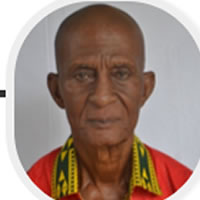

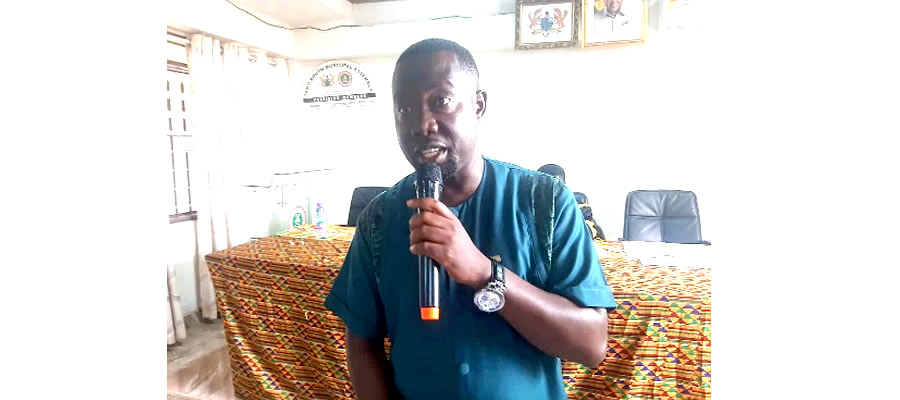
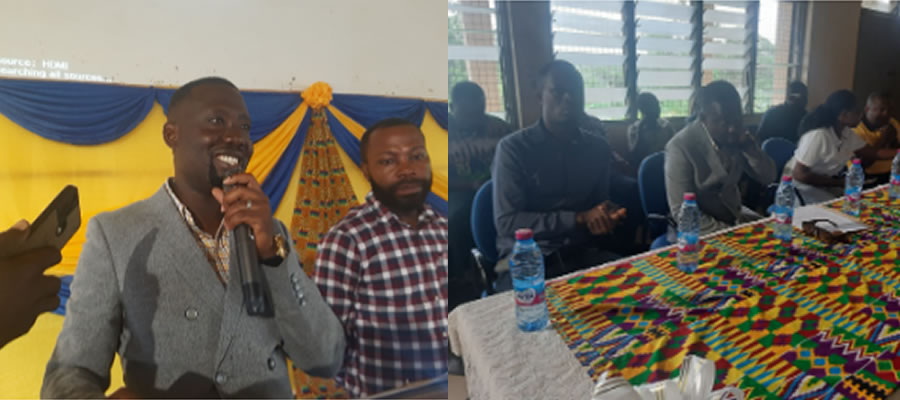
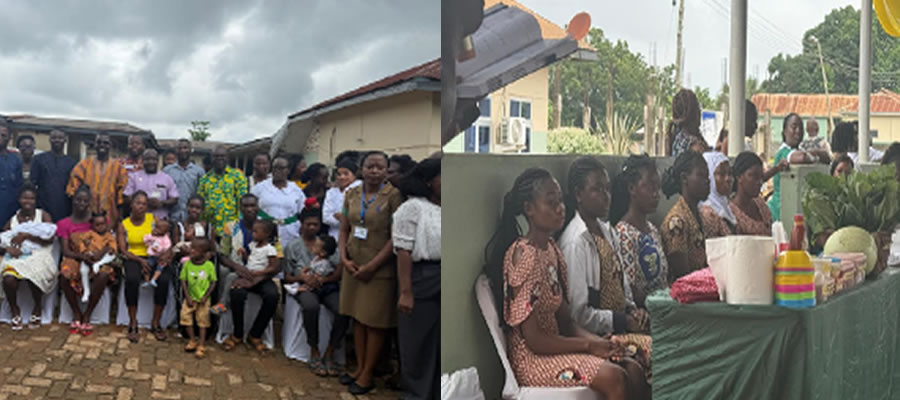
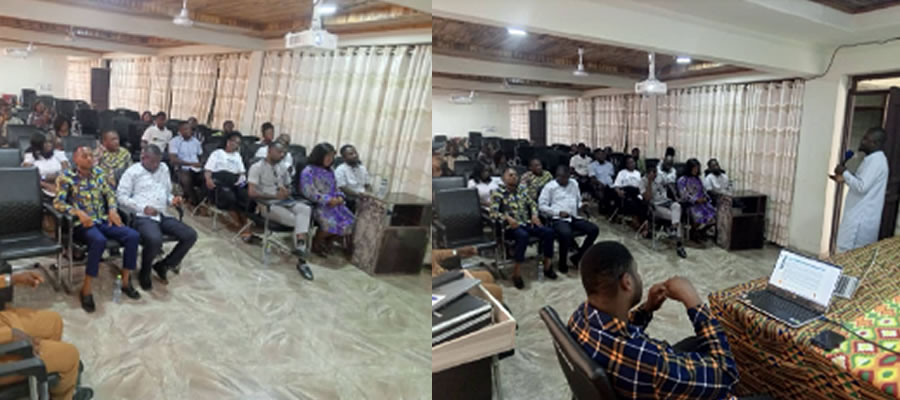
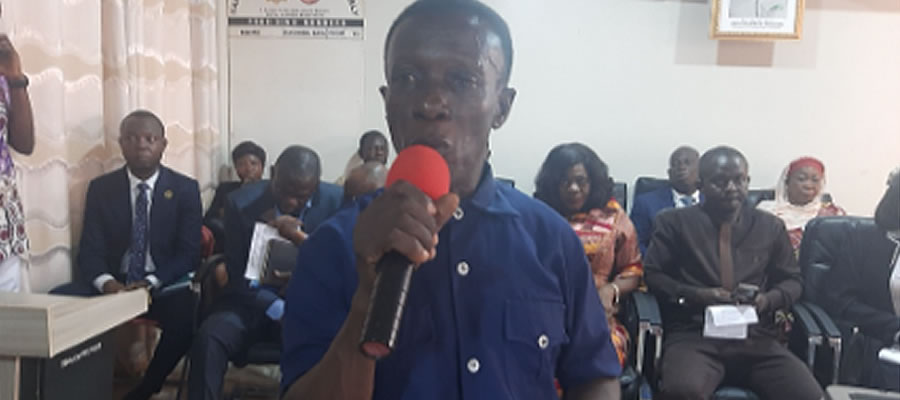





 facebook
facebook
 twitter
twitter
 Youtube
Youtube
 +233 593 831 280
+233 593 831 280 0800 430 430
0800 430 430 GPS: GE-231-4383
GPS: GE-231-4383 info@ghanadistricts.com
info@ghanadistricts.com Box GP1044, Accra, Ghana
Box GP1044, Accra, Ghana